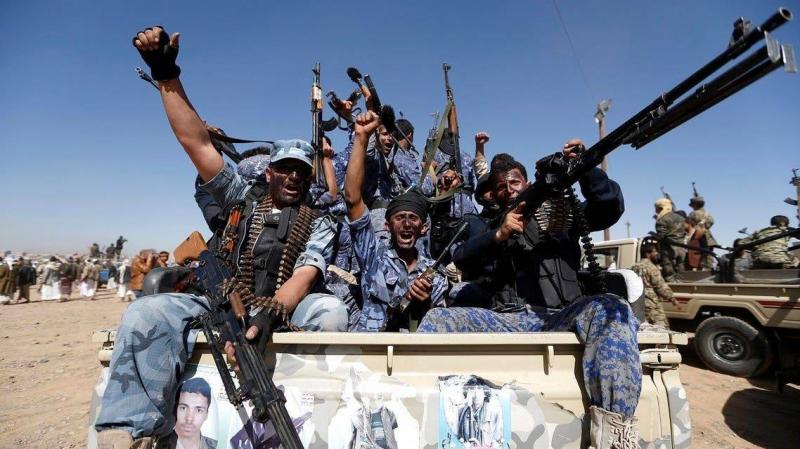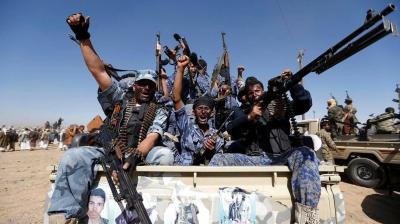Amnesty International has urged Houthi militias in Yemen not to use arbitrarily detained prisoners as "pawns" in currently ongoing political negotiations, sharing painful testimonies of some journalists who endured severe torture in detention. A new report from the organization indicated that some journalists, political opponents, and followers of the Bahá'í religious minority, who were released as part of political deals in 2020 after being unlawfully detained, had experienced torture for periods of up to seven years. The report noted that after the release of Bahá'ís, they were forced into exile, with the United Nations providing the necessary arrangements for their departure, while eight other detainees were displaced to different areas of the country.
Heba Morayef, Director of the Middle East and North Africa Regional Office at Amnesty International, stated, "This report highlights how the Houthi de facto authorities used these prisoners as political chess pieces, resulting in their forced exile and displacement as a result of the prisoner deals negotiated." She added, "After years of suffering under horrific violations and unlawful detention, the release itself did not bring relief to the detainees covered in the report, as none of them were able to return home and reunite with their families after years of forced separation." She emphasized that "no one should be forced to choose between remaining in unlawful detention or fleeing their home or country. Under no circumstances should negotiations for prisoner releases explicitly or implicitly include allowing the forced exile or displacement of released detainees from their homes."
In October 2020, Houthi leaders and the internationally recognized Yemeni government released 1,056 prisoners as part of a politically negotiated deal under the joint auspices of the United Nations and the International Committee of the Red Cross. While the vast majority of those released were fighters, about twenty were non-combatants. In July 2020, Houthi officials also released six followers of the Bahá'í religious minority.
**Painful Testimonies**
Amnesty International spoke to 12 individuals from this small group, including seven journalists, one government employee, and four Bahá'ís. Heba Morayef stated, "The Houthi authorities must end the forced exile, which constitutes a gross violation of international law and adds to the long list of other violations the Houthi authorities are responsible for. They must allow exiled individuals to return to their homes."
One journalist described how he lost consciousness twice from fear and psychological pressure after being threatened by his interrogators, saying: "The investigator and others in the room threatened to shoot me and threatened to kill my parents. They wanted the names of journalists and other students who covered news opposing the Houthis, and they threatened to rip off my nails one by one and subject sensitive areas of my body to electric shocks."
Another journalist recounted his terrifying mock execution while imprisoned in a Houthi detention facility in Hodeidah. Guards called him at night, bound his hands, blindfolded him, and showed him a pit outside, saying, "This is your grave." The journalist said, "I heard a gunshot in the background. I thought I had been shot. Then they kicked me and pushed me into the pit, landing on my face. My nose began to bleed, and I felt the taste of blood in my mouth. I started crying, remembering my children because I was sure they would bury me alive. I begged them to kill me first. The same man said to me, 'We will bury you here, and your family will never know where you are.'"
Detainees also reported being repeatedly tortured simply for requesting food or water.




